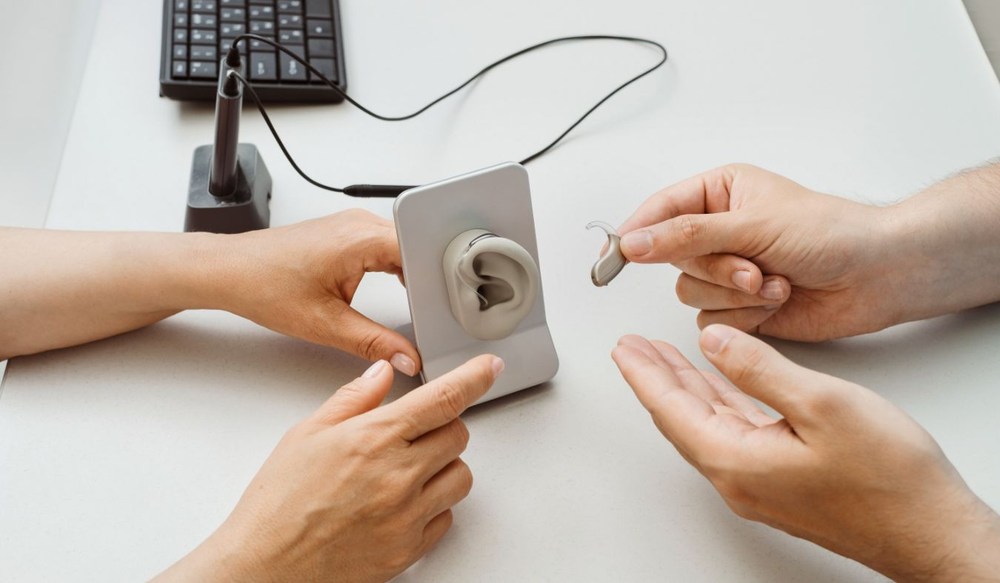The Impact of 5G on Hearing Aid Technology
As 5G wireless networks expand and become more widespread, you might


As 5G wireless networks expand and become more widespread, you might

As people grow older, attention often goes to staying physically active,

The Audiology Offices and the American Academy of Audiology Reminds the